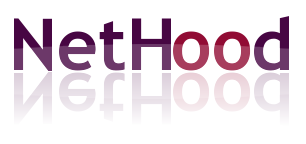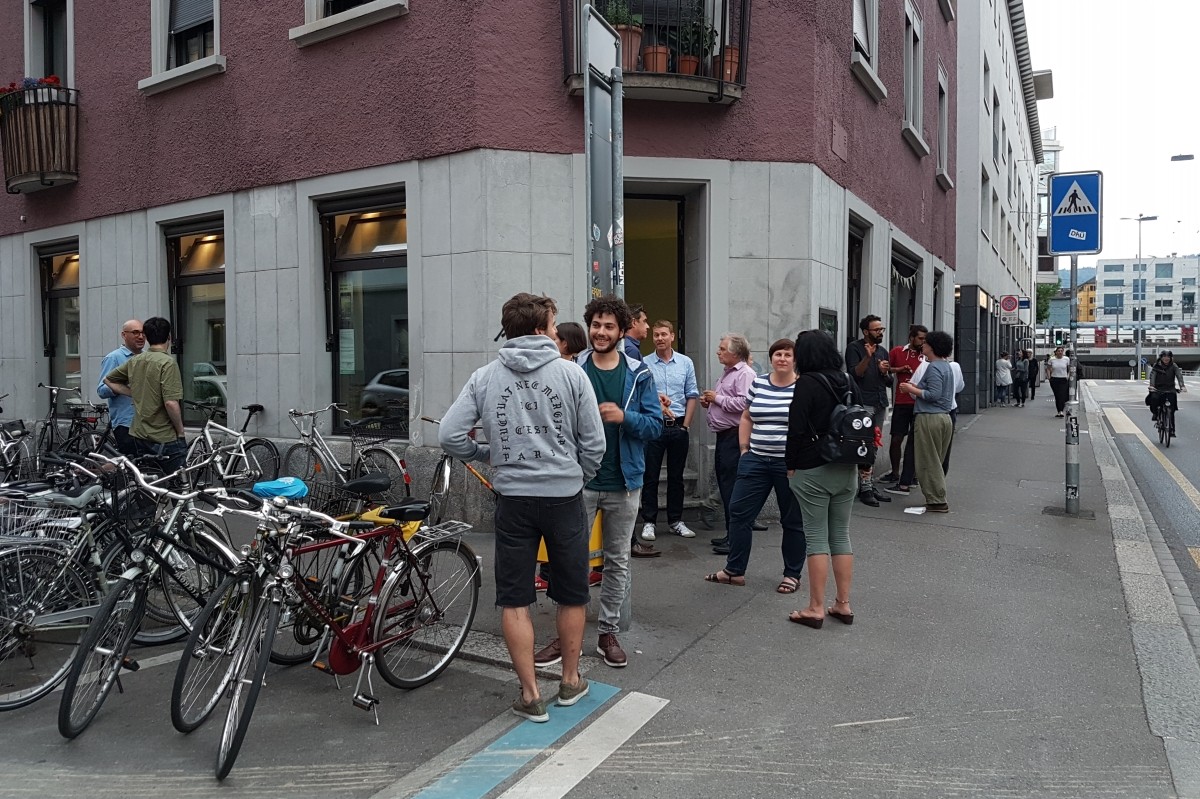
|
about
projects
papers
events
contact
|
URL: https://langstrasse200.ch
Start date: May 2018
See also: projects
NetHood is a founding member of the L200 space, which aims to create a hybrid urban living lab in a central neighborhood of Zurich, by responding to several local needs such as a) to meet fellow neighbors in a common space, b) to promote local shops, ateliers and initiatives, c) to network people, activities and places in both analogue and digital forms, and d) to facilitate collective learning processes on various topics.
Expectations to succeed in providing for these needs are reinforced by the advantage of a very central location. L200 is located at the heart of Zurich, in Kreis 5, in one of the busiest and most urbane streets of the city namely Langstrasse, which connects two districts (4 and 5) with high quality urban life. It is in close proximity to many active urban nodes including the newly built cultural center Kosmos, the Riffraff cinema, and the convivial Josefstrasse and Limmatplatz.
L200 has an area of 75 sqm that may be flexibly organized for various uses throughout the day. Given its location, the rent of L200 matches the market prices, and this requires careful organization to maintain the non-profit character of the initiatives that are part of it, while at the same time become a truly open and diverse hybrid space. The selected approach is to take advantage of technological tools that will allow the efficient and flexible management of the space as a commons, ranging from co-working and food services during the day, to a wide variety of gatherings and events during the evenings, open to the creativity, needs and political demands of not only the organizations involved, but of all the residents of the neighbourhood.
Some key projects that have influenced the evolution of L200 have been the projects MAZI and netCommons, the participatory process PARLA), the new from the digital world every 7th of the month at 7pm 7at7.digital, and more.
Currently, in March 2025 and after 7 years of operation, L200 is under transition to a more distributed management model, based on five clusters. The goal is to better share the management effort and allow more focus on the identity of each cluster. The clusters will be responsible to cover their fair share of the rent, and they will act more or less independently regarding reservations, cleaning, communication, etc., reducing the centralized management of the space to the minimum.
You can read an interview with Panayotis Antoniadis, the space facilitator, by Ileana Apostol analyzing the motivation and overall approach for this transition. And the chapter on the "terrestrial Internet" at the new book edited by Hans Widmer, Cities for a single planet summarizes the technological aspects that have influenced the evolution of L200.
Check also the L200's Newsletter archive to get an impression of the activities that have taken place over the years. More up-to-date information is currently available on instagram.
These are also two academic publications, which summarize NetHood's perspective on the design and governance of L200, among others:
Apostol, I. and Antoniadis, P. (2020). Central urban space as a hybrid common infrastructure. Journal of Peer Production. Issue #14. [ html | pdf ]
Antoniadis, P., Apostol, I., and Raoseta, T. (2020). Das L200: Ein Zürcher Modell für Hybride gemeinschaftliche Räume. Derive No 81. Available at https://derive.at/texte/das-l200/
